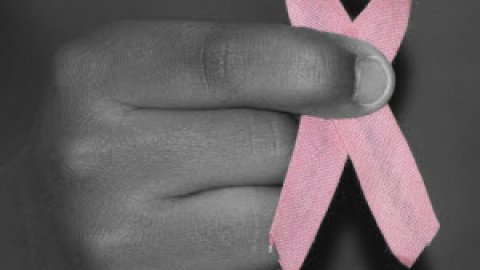This interview was taped in April 2013, prior to the "Fashion For Jandie" benefiting event.
Jandie's story is long and heart breaking about her battle with stage four Mesenchymal Chondrosarcoma; But to summarize it- in the beginning, she was rejected by doctors when complaining about her excruciating leg pain, being accused of only wanting pain killers. They eventually sent her to physical therapy creating pressure and strain, thus causing her leg to break, all the while not knowing she had bone cancer. Since the doctors pushed her away instead of trying to figure out the issue, her cancer then spread to her lungs until it was finally found.
On February 9th, 2015, she found out the cancer was now in her brain, as well. February 11th she had emergency brain surgery and they were only able to remove 80% of the tumor, as the remaining 20% was up against a blood vessel that affects her motor skills.
Jandie has also had tremendous stress with her finances in supporting her battle against cancer. Her medical bills are deep in collections, and every month she has ridiculous



